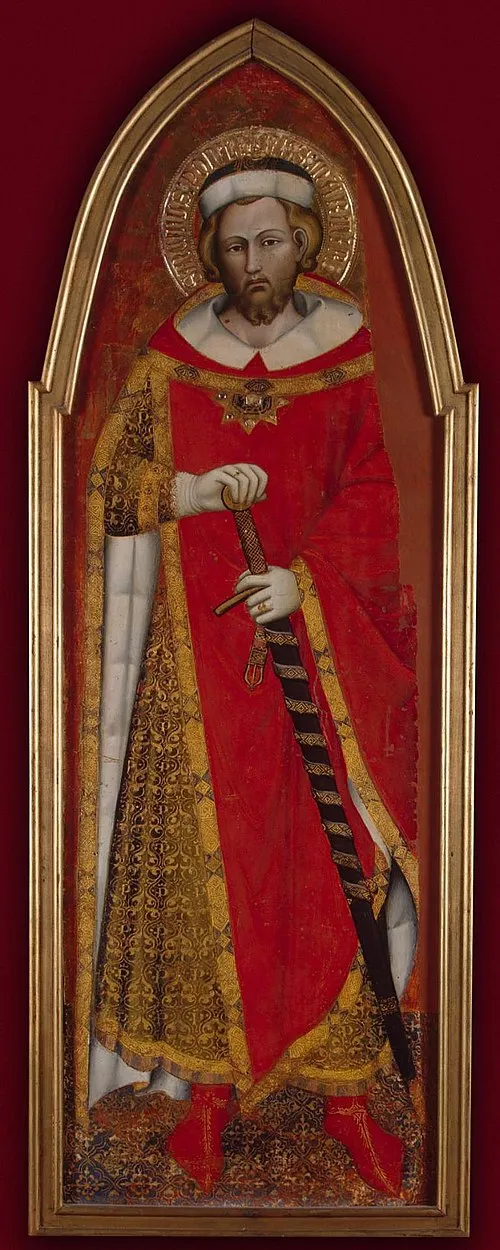
Pope Pontian: A Beacon of Early Christian Leadership
Pope Pontian, who served as the Bishop of Rome from 230 to 235 AD, stands out as a significant figure in the early Christian Church. His papacy was marked by challenges posed by both internal strife and external pressures that shaped the trajectory of the Christian community during a tumultuous period in Roman history.
Biography of Pope Pontian
Pope Pontian was born into a Christian family, likely in Rome. Relatively little is known about his early life, but historical records suggest he was elected as pope around 230 AD. His election came during a time when the Church was gaining both followers and scrutiny from the Roman authorities.
Pontian’s Papacy
During Pontian’s reign, the Christian Church faced challenges such as heretical movements and the persecution of believers. One of his key contributions was his effort to maintain unity among the diverse factions within the Church. Pontian championed the orthodox faith, often countering heretical teachings that threatened to divide the early Christians.
Persecution and Martyrdom
Around 235 AD, Pope Pontian was arrested during a wave of persecution instigated by Emperor Maximinus Thrax. He was exiled to the island of Sardinia, which was notorious for its harsh conditions and labor camps. Despite the dire circumstances, Pontian remained a pillar of strength for his fellow Christians. Historical accounts suggest that he may have resigned from the papacy during his exile in favor of his successor, St. Anterus, to ensure the continuity of leadership and guidance for his followers.
The Legacy of Pope Pontian
Pope Pontian’s legacy is multifaceted. He is often remembered for his commitment to the orthodox faith, his role in promoting cohesion among early Christians, and his willingness to sacrifice his own life for the sake of the Church. In 1960, Pope John XXIII officially canonized Pope Pontian as a saint, recognizing both his hallowed virtues and the courageous stand he took against persecution.
Today, Pope Pontian is celebrated on different feast days, including his shared feast with St. Anterus on January 16. His life and leadership continue to serve as an inspiration, particularly in discussions about the importance of unity, conviction, and resilience in the face of adversity.
Pope Pontian and the Development of Church Doctrine
Pope Pontian's reign played a crucial role in the early development of Christian doctrine and church governance. Though he faced significant obstacles, his commitment to orthodox teachings helped lay the groundwork for future theological developments. His time as pope also coincided with the burgeoning of Christian thought and doctrine that would come to fruition in later centuries.
Conclusion
Pope Pontian’s contributions to the early Church resonate to this day. His leadership during a critical juncture in Christian history exemplifies the virtues of steadfastness and dedication to faith. As we reflect on his life's work, we are reminded of the vital role that early leaders played in shaping Christianity into the diverse and widespread religion it is today.






